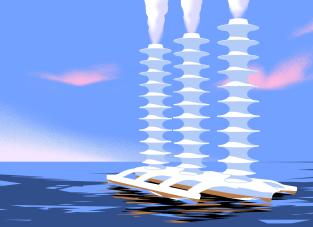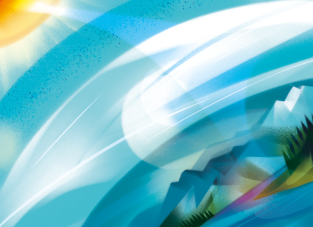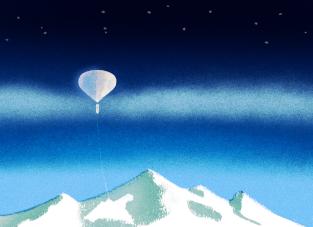Ocean Fertilization
Local Project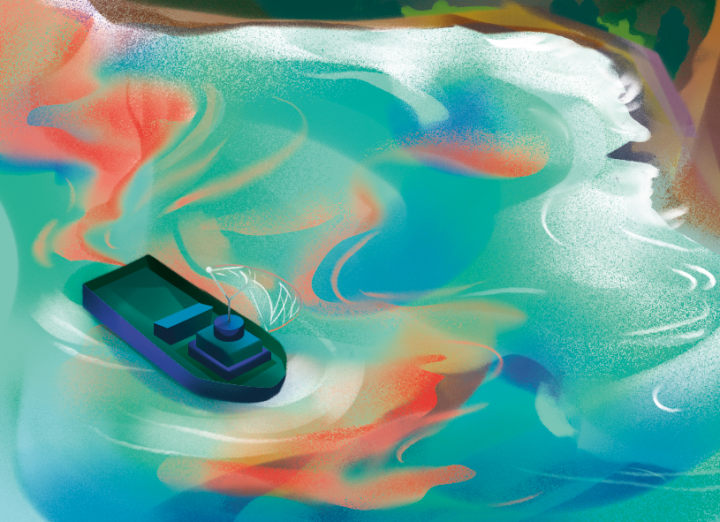
Plankton – microscopic plants that live in the ocean – play an important role in global ecological and climatic systems. They absorb large amounts of CO2 as they grow, and serve as food for many ocean creatures. Plankton can only grow when they have all the nutrients they need, yet much of the ocean is poor in these essential nutrients.
The most promising ocean fertilization proposal would add iron to the oceans as only a tiny amount of iron is needed to produce a large boost in plankton numbers. The hope is that much of the carbon captured by these extra plankton will end up stored in the deep ocean, but it’s unclear how much carbon would actually be stored as other creatures feed on the plankton. There are also concerns that ocean fertilization may have negative impacts on ocean ecosystems, depleting nutrients that would be used elsewhere or potentially leading to toxic algal blooms, for example.
Currently, ocean fertilization in international waters is prohibited because of these concerns, but research is ongoing to better determine the consequences.
When you take this action, roll the Geoengineering die and add 1 to the result for every Geoengineering tag in this card's stack.
If the result is 2–4, add 1 Ocean token to the board and remove 2 Ecological Resilience tokens from your player board.
If the result is 5–6, add 2 Ocean tokens to the board and remove 1 Ecological Resilience token from your player board.
If the result is 7 or more, add 2 Ocean tokens to the board.
You may take this action once per round.
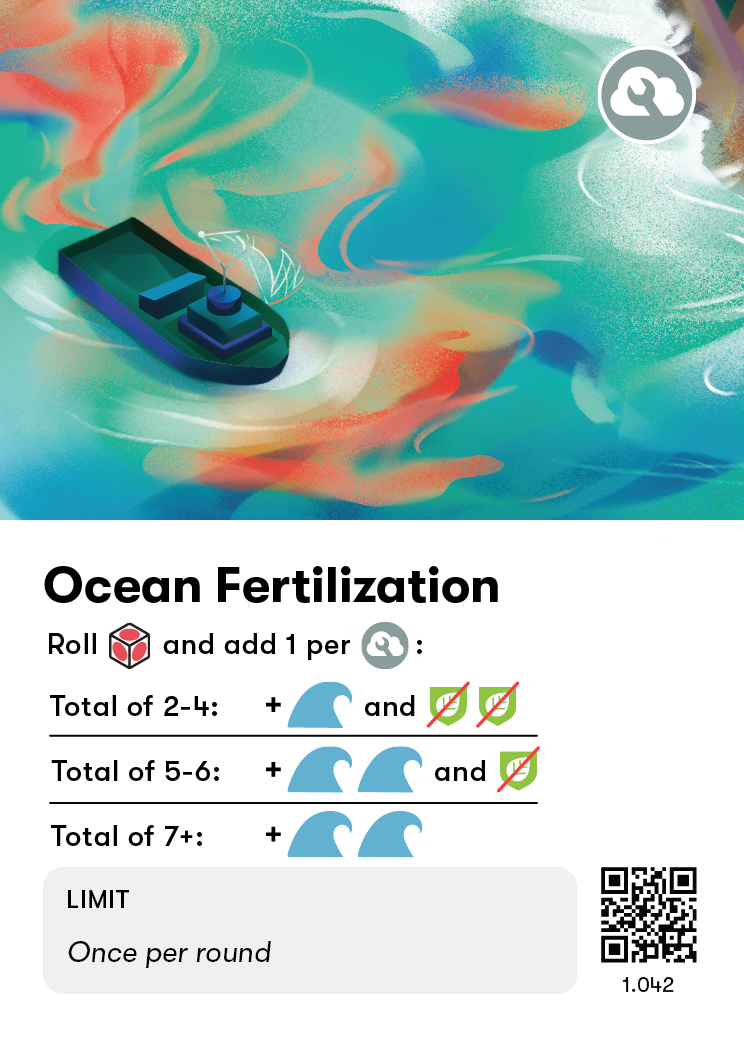
Iron fertilization (Wikipedia)
Iron Fertilization (Woods Hole Oceanographic Institution)
The Complicated Role of Iron in Ocean Health and Climate Change (Smithsonian Magazine)
Contact your political representatives to urge international rules and scrutiny about the test or use of risky technologies such as these.
Study marine biology or oceanography and you might be able to contribute to our understanding of this idea.
